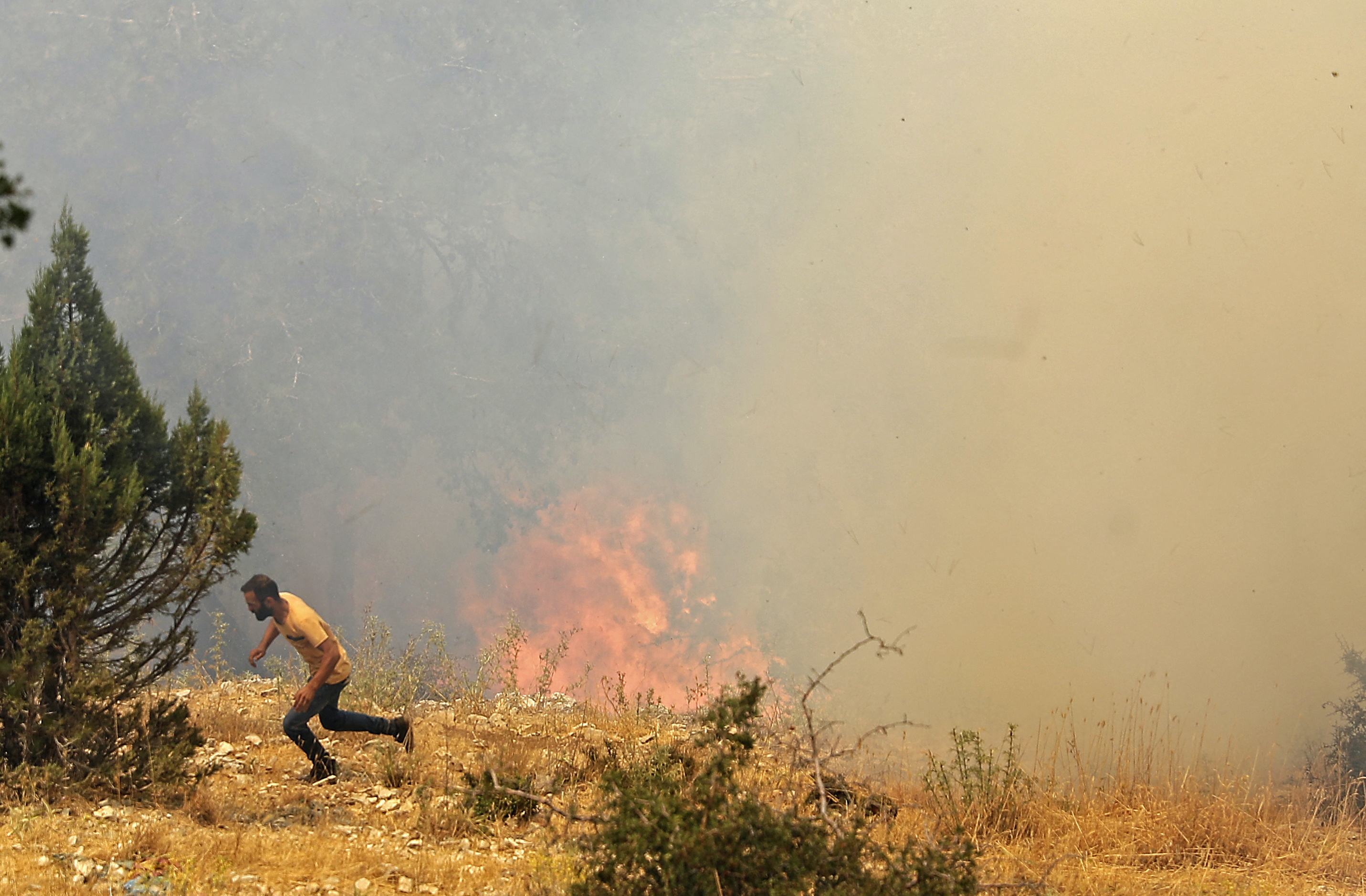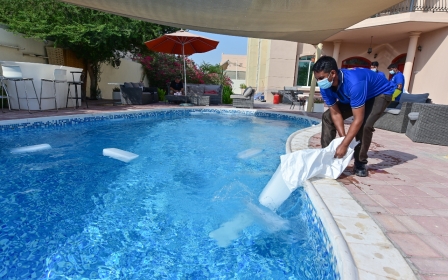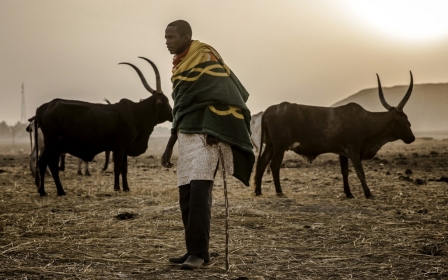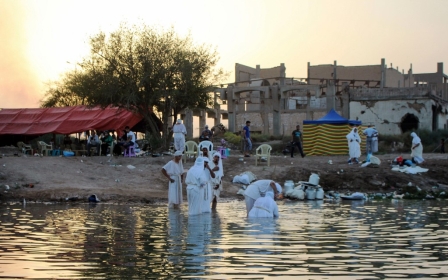Middle East wildfires: Turkey and Lebanon fight blazes as deaths reported
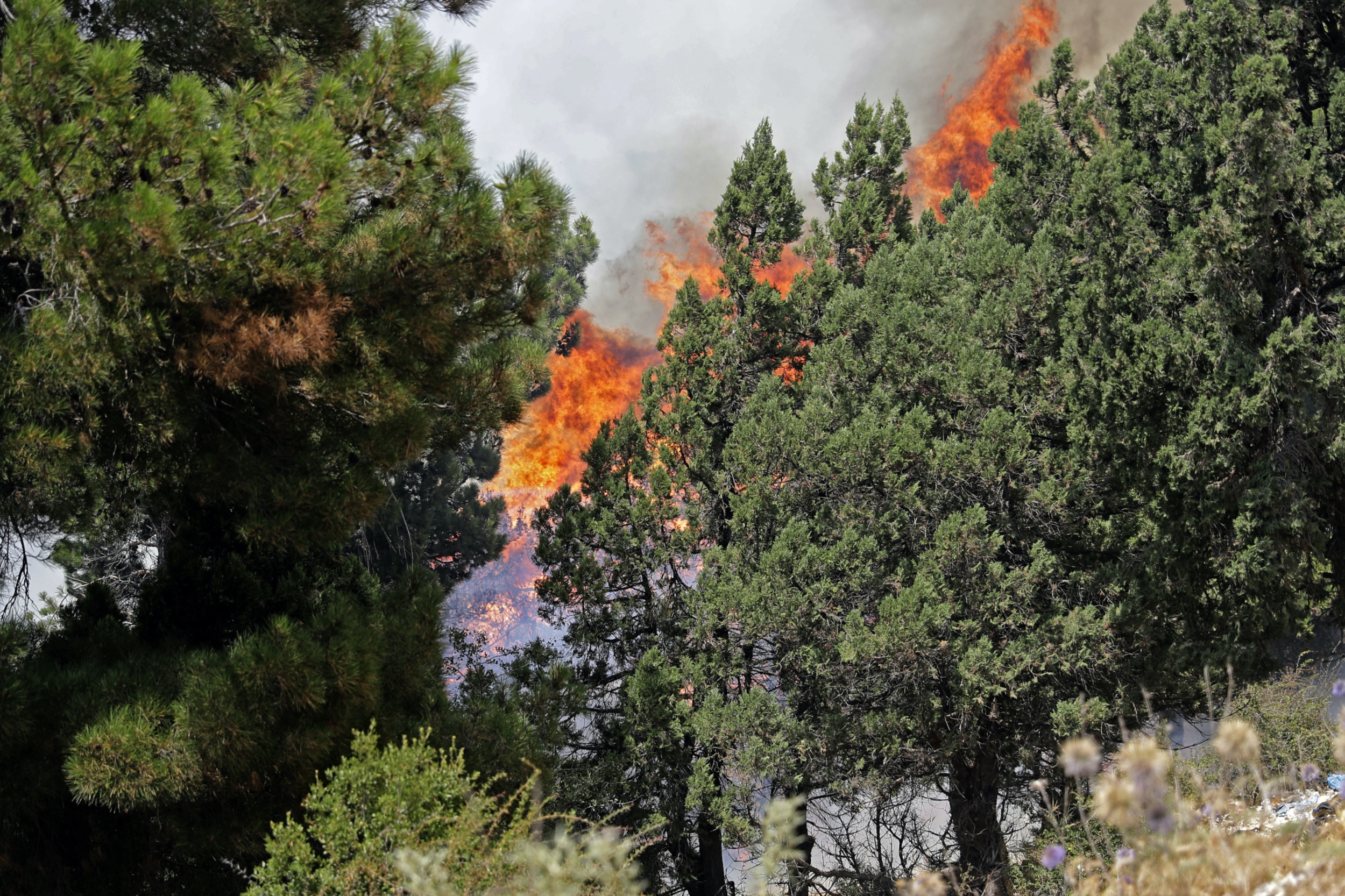
Wildfires have wreaked havoc across Turkey and Lebanon as record summer temperatures continue to batter the region.
At least three people are known to have died in Turkey as a result of fires in the country's south, while a teenage boy has been reported killed in fires in the Qubayyat area of Lebanon's remote Akkar region.
Turkey's AFAD disaster agency and agriculture minister said rescue efforts were underway after a second day of fires in the southern provinces, while more than 100 people had been evacuated, required medical treatment or suffered property damage.
Around 18 villages and districts in Antalya provinces and 16 more villages in neighbouring Adana and Mersin have so far been evacuated, said Agriculture Minister Bekir Pakdemirli.
He said an 82-year-old man had been found dead during the evacuation of the village of Kepezbeleni near the resort town of Antalya, while a further two people had been found dead in the nearby village of Degirmenli.
Some 960 personnel, as well as a plane, a drone, 19 helicopters, and around 250 vehicles were currently involved in firefighting efforts, added Pakdemirli.
AFAD said that houses located in areas that could be impacted by the fire had been evacuated, while "several homes, offices, farms, agricultural fields, greenhouses, and vehicles have been damaged by fire."
Pakdemirli said there had been 41 wildfires in 13 of Turkey's 81 provinces since Tuesday, of which 31 were under control.
Blazes in Osmaniye and Kayseri were still burning.
Television footage showed a separate fire raging in hills near a residential area in the Aegean coastal resort of Marmaris.
'The fire is huge'
Meanwhile, Lebanese personnel volunteers were also struggling to cope with raging fires on Thursday.
Lebanese civil defence said that one 15-year old boy "who rushed to the scene to help douse the flames" had died, while according to the Lebanese Red Cross, another eight people were hospitalised as a result of the fire in the northern Akkar region.
The government sent helicopters to help tame the fires while the National News Agency said Cyprus was keeping firefighting aircraft on standby - but the crumbling Lebanese state apparatus has so far been ineffective.
"The situation on the ground is frightening," Agriculture Minister Abbas Mortada told AFP.
"The fire is huge, it has destroyed vast forested areas and is now threatening homes."
The Middle East has been seeing record temperatures in recent years, something that many have attributed to climate change.
In the last two years, hundreds of fires have swept across Lebanon and the coastal highland regions of Syria during summer heatwaves that reached residential areas and forced hundreds of people to evacuate their homes.
Apart from wildfires, the blazing heat has caused electricity and water shortages and environmental analysts have said that extreme weather events are likely to become more common as global warming continues to have an impact.
Middle East Eye propose une couverture et une analyse indépendantes et incomparables du Moyen-Orient, de l’Afrique du Nord et d’autres régions du monde. Pour en savoir plus sur la reprise de ce contenu et les frais qui s’appliquent, veuillez remplir ce formulaire [en anglais]. Pour en savoir plus sur MEE, cliquez ici [en anglais].


